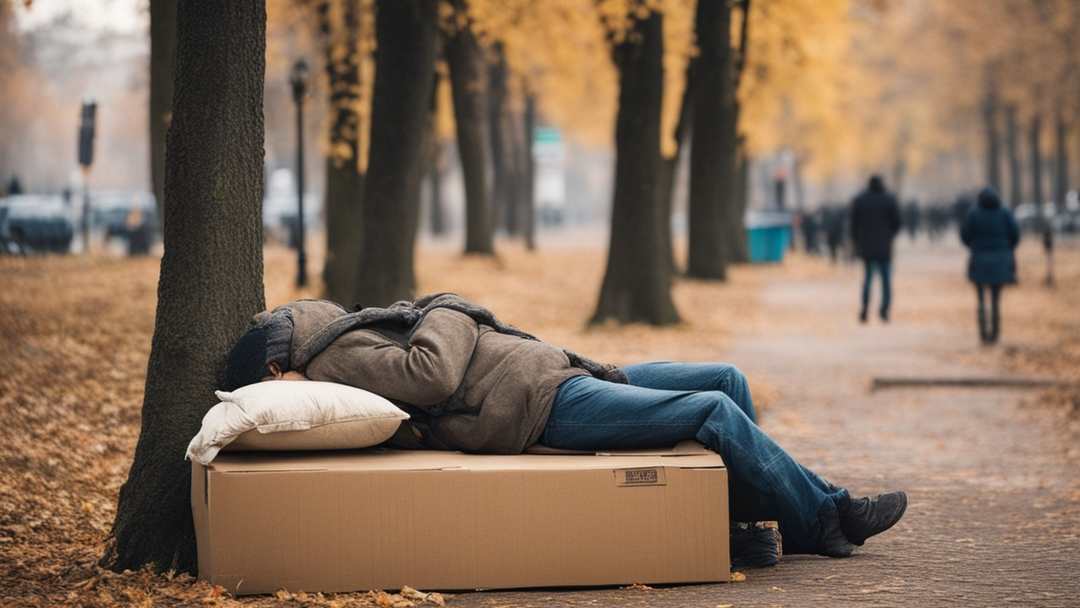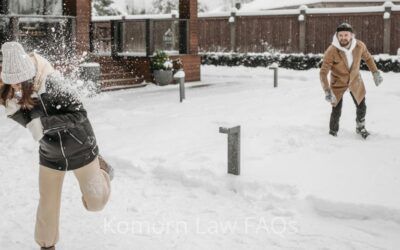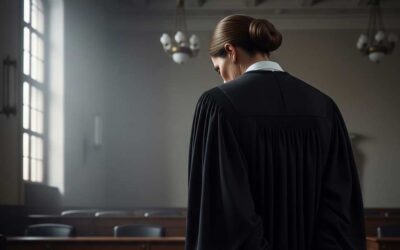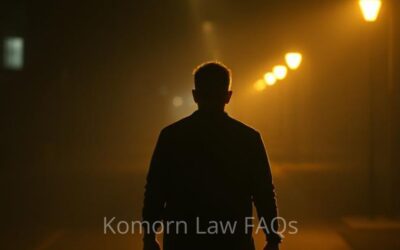Does not amount to “cruel and unusual punishment” under the Eighth Amendment
The Supreme Court has affirmed the validity of ordinances in a southwest Oregon city that restrict individuals experiencing homelessness from utilizing blankets, pillows, or cardboard boxes as protective measures against the elements while sleeping within city limits. In a decision reached by a 6-3 vote, the justices sided with the city of Grants Pass, asserting that the ordinances serve to prohibit camping on public property for all individuals and do not infringe upon the Constitution’s prohibition of cruel and unusual punishment.
Writing for the majority, Justice Neil Gorsuch contended that the Eighth Amendment, which bans cruel and unusual punishment, “serves many important functions, but it does not authorize federal judges” to “dictate this Nation’s homelessness policy.”
Instead, he suggested, such a task should fall to the American people.
Justice Sonia Sotomayor dissented, in an opinion joined by Justices Elena Kagan and Ketanji Brown Jackson. She argued that the majority’s ruling “focuses almost exclusively on the needs of local government and leaves the most vulnerable in our society with an impossible choice: Either stay awake or be arrested.”
In Grants Pass, a city with a population of just under 40,000, as many as 600 individuals experience homelessness on any given night, prompting the city’s decision in 2013 to intensify the enforcement of existing laws that prohibit the use of blankets, pillows, and cardboard boxes for sleeping within city limits.
Violators are subject to significant fines starting at 295 dollars, which can increase to 537.60 dollars if not paid promptly. Receiving two citations may result in local police issuing a ban from city property and anyone who disregards this order can be charged with criminal trespass, which may lead to penalties of up to 30 days imprisonment and a fine of 1250 dollars.
Holding: The enforcement of generally applicable laws regulating camping on public property does not constitute “cruel and unusual punishment” prohibited by the Eighth Amendment.
Judgment: Reversed and remanded, 6-3, in an opinion by Justice Gorsuch on June 28, 2024. Justice Thomas filed a concurring opinion. Justice Sotomayor filed a dissenting opinion, in which Justices Kagan and Jackson joined.
Recommended Citation: Amy Howe, Justices uphold laws targeting homelessness with criminal penalties, SCOTUS blog (Jun. 28, 2024, 1:48 PM), https://www.scotusblog.com/2024/06/justices-uphold-laws-targeting-homelessness-with-criminal-penalties/
Legal Counsel and Your Rights
When facing legal challenges, particularly in criminal cases, it is advisable to seek legal counsel immediately.
An experienced attorney can provide guidance on how to navigate interactions with law enforcement while safeguarding your constitutional rights.
Since 1993 our expert legal defense in navigating criminal law matters and protecting your constitutional rights are what we eat for breakfast everyday.
Contact Komorn Law PLLC if you’re ready to fight and win.
Research us and then call us.
More Rights You Should Know
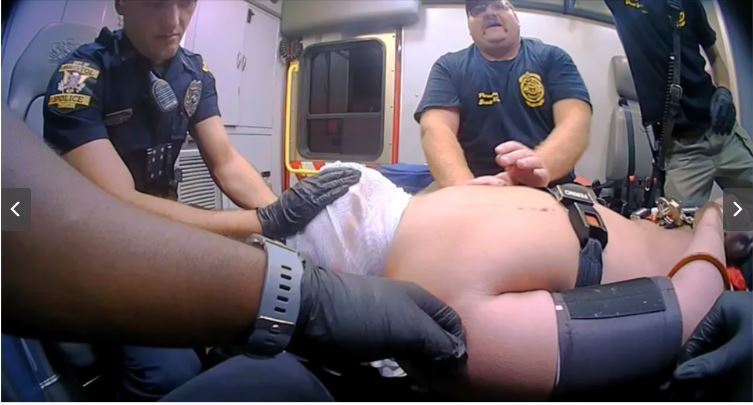
Video kept from family shows police force not drugs killed son
police and paramedics inflicted “inhumane acts of violence”A mother has filed a federal lawsuit claiming that, while her son was experiencing a seizure in his Tennessee apartment, police and paramedics inflicted “inhumane acts of violence” on the 23-year-old instead...
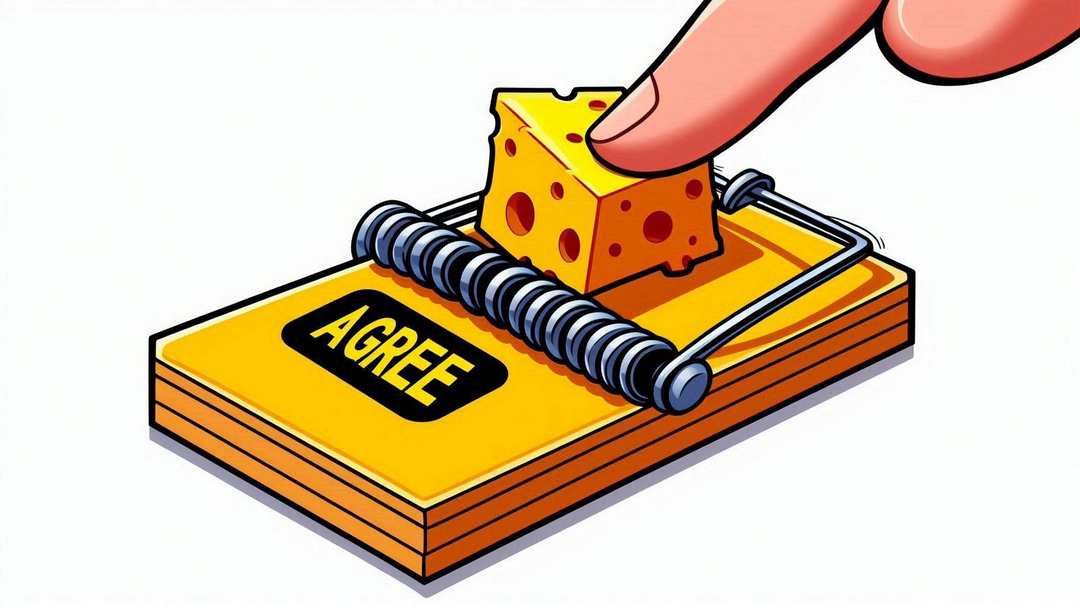
What could happen when you click the – I agree – box?
Wrongful death suit against Disney serves as a warning to consumers when clicking ‘I agree’A wrongful death lawsuit involving Walt Disney Parks and Resorts highlights the critical importance for consumers to meticulously review the fine print before registering for a...
Other Articles
Client Was Caught With Brass Knuckles – What’s the Law?
Michigan Criminal Laws FAQs Brass KnucklesGetting caught with brass knuckles in Michigan can lead to serious legal trouble. While some states have more lenient laws, Michigan takes a strict stance on these types of weapons. If you or someone you know faces charges...
Resisting an Unlawful Arrest in Michigan
Michigan Criminal Laws FAQs Resisting an Unlawful Arrest in MichiganThe question of whether you can legally resist an unlawful arrest in Michigan is complex, and the answer is generally no, with very limited exceptions. While the idea of defending oneself against an...
Criminal Law FAQs – Assault with Intent to do Great Bodily Harm Less Than Murder (AWIGBH)
Michigan Criminal Laws FAQs Assault with Intent to do Great Bodily Harm Less Than MurderAccording to Michigan State Law (Michigan Compiled Laws - MCL), Assault with Intent to do Great Bodily Harm Less Than Murder (AWIGBH) is a serious felony offense defined in MCL...
Criminal Law FAQs – Operating a Vehicle with a High BAC
Michigan Criminal Laws FAQs Super Drunk (High Breath Alcohol Content)Operating a Vehicle with a High BAC (Super Drunk) - MCL 257.625(1)(c)FAQ 1: What BAC level qualifies as "High BAC" or "Super Drunk" in Michigan? Answer: In Michigan, operating a vehicle with a blood...
Judicial Accountability in Michigan for Judges
Maintaining public trust in the judiciary is paramount to a functioning legal system. In Michigan, several mechanisms exist to ensure judicial accountability, holding judges responsible for their conduct both on and off the bench. These safeguards are primarily...
Criminal Law FAQs – Bench Warrant
Michigan Criminal Laws FAQs Bench WarrantsAccording to Michigan State Law (Michigan Compiled Laws - MCL), a Bench Warrant is a court order that directs law enforcement officers to arrest and bring a specific individual before the court. It's issued by a judge (from...
Criminal Law FAQs – Traffic Offenses
Michigan Criminal Laws FAQs Traffic OffensesAccording to Michigan State Law (Michigan Compiled Laws - MCL), Traffic Offenses encompass a wide range of violations related to the operation of motor vehicles on public roads and highways. These offenses are primarily...
Criminal Law FAQs – Drunk and Disorderly
Michigan Criminal Laws FAQs Drunk and DisorderlyAccording to Michigan State Law (Michigan Compiled Laws - MCL), there isn't a specific statute that solely defines "Public Drunkenness" as a statewide criminal offense in the same way some other states might have a...

